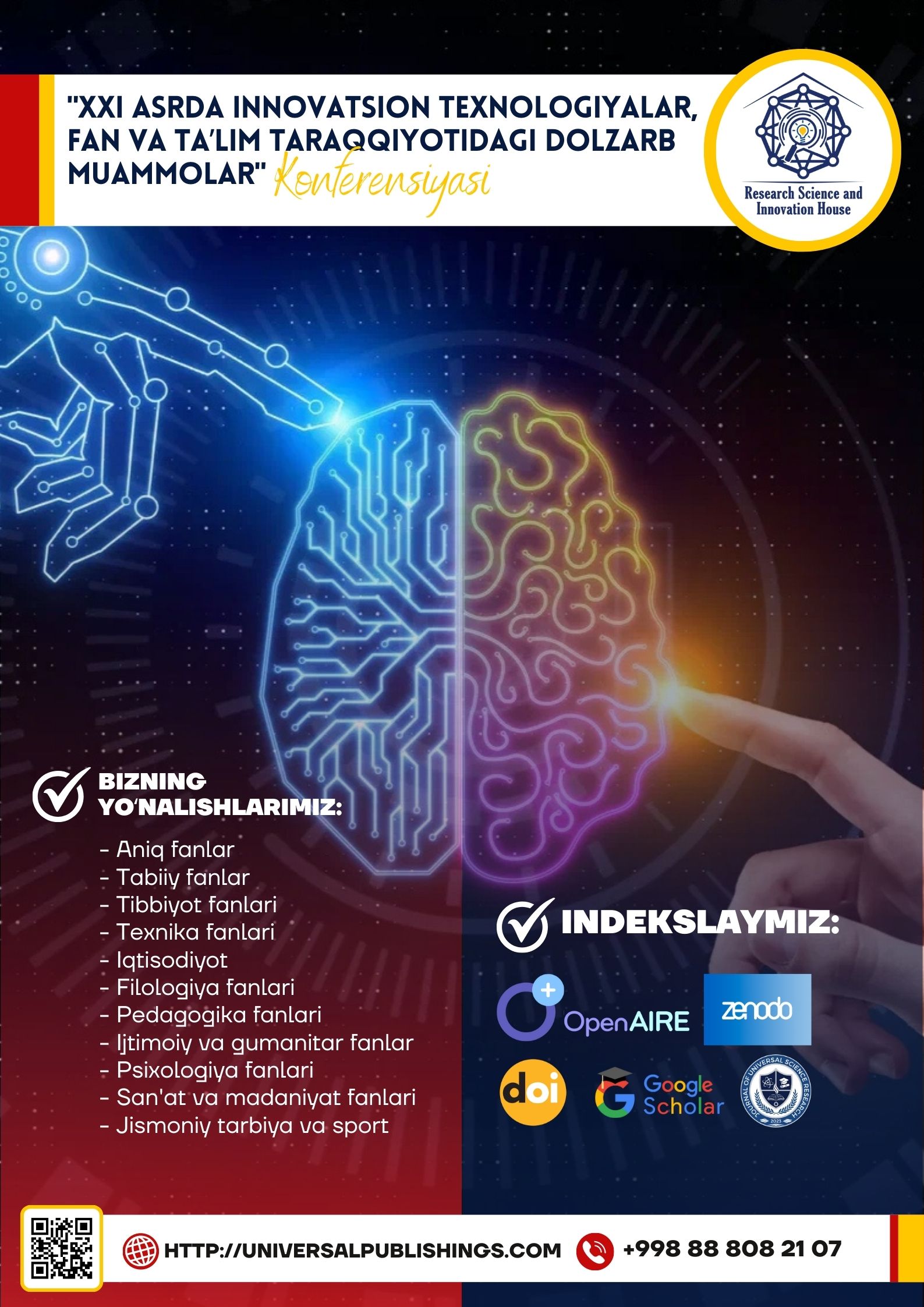Abstract
This thesis investigates the pivotal role of translators in shaping national identity in Central Asia during the early 20th century. As cultural intermediaries, translators contributed to the emergence of national consciousness by selecting and interpreting foreign literary works that resonated with local values, aspirations, and historical contexts. This study focuses on the impact of translation choices on the construction of national identity, examining key translations, the motivations behind them, and their reception in Central Asian societies. Through a critical analysis of translators' work, the thesis aims to highlight how translation facilitated cultural exchange and influenced the development of a distinct national identity in a time of sociopolitical change.
References
Venuti, L. (1995). The Translator's Invisibility: A History of Translation. Routledge.
Khamidov, A. (2010). National Identity in Central Asia: Cultural and Linguistic Perspectives. Cambridge Scholars Publishing.
Buzgar, T. (2015). The Role of Translation in the Development of National Consciousness in Central Asia. Journal of Central Asian Studies, 3(2), 45-60.
Kadir, M. (2012). Translators as Cultural Agents: The Case of Central Asia. Asian Journal of Translation Studies, 5(1), 13-25.
Karimova, N. (2018). Translation and Identity in Central Asian Literature. Journal of Language and Literature, 9(4), 135-142.
Mukhamedzhanova, A. (2017). Cultural Identity and Translation in the Post-Soviet Context: A Central Asian Perspective. Central Asian Affairs, 4(3), 265-285.

